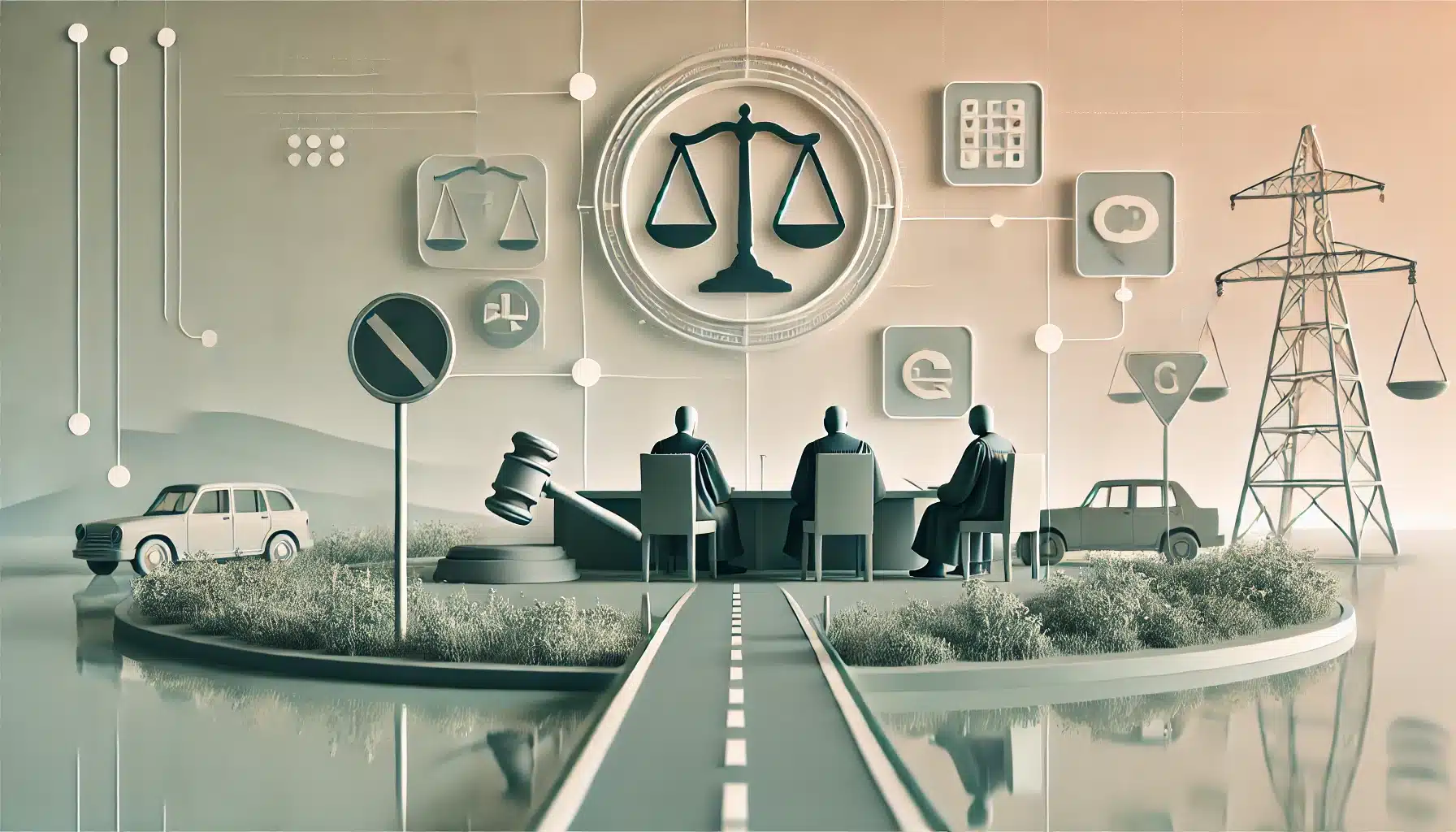The Supreme Court of India is focusing on two critical issues concerning road accident victims—cashless treatment and online compensation transfers. The Court is considering new mechanisms to enable the General Insurance Corporation of India (GIC) to transfer compensation directly to victims under t

The Supreme Court of India is poised to address two key issues concerning road accident victims. The first concerns the provision of cashless treatment to road accident victims, and the second relates to establishing a system for the General Insurance Corporation of India (GIC) to facilitate online transfers of compensation directly into the accounts of individuals entitled under the Compensation to Victims of Hit and Run Motor Accidents Scheme, 2022. This matter is being heard by a bench comprising Justice Abhay S. Oka and Justice A.G. Masih. The Court has recognized the necessity of issuing directions to improve the system of compensation and will deliberate further on these issues in upcoming hearings.
Supreme Court’s Focus on Cashless Treatment and Online Compensation for Accident Victims
Supreme Court’s Order and Bench’s Observations:
- In the context of road safety and victim welfare, the Supreme Court has taken up the issue of cashless treatment for road accident victims.
- A bench of Justices Abhay S. Oka and A.G. Masih acknowledged the need for a mechanism to enable the General Insurance Corporation of India (GIC) to carry out online transfers of compensation for road accident victims.
- The Court emphasized that: “Directions will have to be issued regarding accompaniments of Form III appended to the Compensation to Victims of Hit and Run Motor Accidents Scheme, 2022 so that the General Insurance Corporation of India is able to make online transfer to the account of the persons held entitled to the compensation.”
- Another significant issue the Court intends to address is “about cashless treatment to the victims of the road accidents.”
Next Hearing and Key Dates:
- The matter regarding the cashless treatment and online compensation is scheduled for the next hearing on August 27, 2024.
- Additionally, the Supreme Court will deliberate on the implementation of Section 136A of the Motor Vehicles Act, 1988 concerning electronic monitoring and enforcement of road safety on September 2, 2024.
Background and Issues Surrounding the Hit and Run Scheme
Motor Vehicles Act and Compensation Scheme:
- The Central Government implemented the Compensation to Victims of Hit and Run Motor Accidents Scheme, 2022, effective from April 1, 2022. This scheme operates under the mandate of Section 161 of the Motor Vehicles Act, 1988.
- Under the scheme, compensation amounts have been fixed at Rs. 2 lakhs for deaths and Rs. 50,000 for injuries resulting from road accidents where the offending vehicle remains unidentified.
Low Claim Rate under the Hit and Run Scheme:
- Despite the large number of hit and run accidents occurring across the country, the number of claims raised under the scheme remains alarmingly low.
- In the year 2022, there were 67,387 hit and run accidents, yet only 205 claims were raised under the scheme during the financial year 2022-23, with 95 claims being settled.
Data from the Ministry of Road Transport and Highways:
- According to a report from the Ministry of Road Transport and Highways, over the last five years, there have been 660 deaths and 113 injuries in hit and run cases. In response, the compensation disbursed amounted to Rs. 184.60 lakhs.
Supreme Court’s Previous Directives and the Role of Amicus Curiae
January 12 Supreme Court Directions:
- On January 12, 2024, the Supreme Court took note of the dismal number of compensation grants for hit and run accident victims. In response, the Court issued several directions to improve the situation.
- The Court mandated that police officers inform victims about the compensation scheme in the event of a hit and run accident. Additionally, the Court suggested that the compensation amounts for deaths and grievous injuries be revised.
- A Standing Committee was directed to take proactive measures to increase public awareness of the scheme and ensure its effective implementation.
Amicus Curiae’s Role:
- Senior Advocate Gaurav Agrawal, appointed as Amicus Curiae in this matter, has made several suggestions to the Court aimed at improving the compensation mechanism and overall victim support.
- The Supreme Court will consider and possibly pass an order based on these suggestions during the upcoming hearings.
Click to read: S Rajaseekaran v. Union of India and Ors., WP(C) No.295/2012





